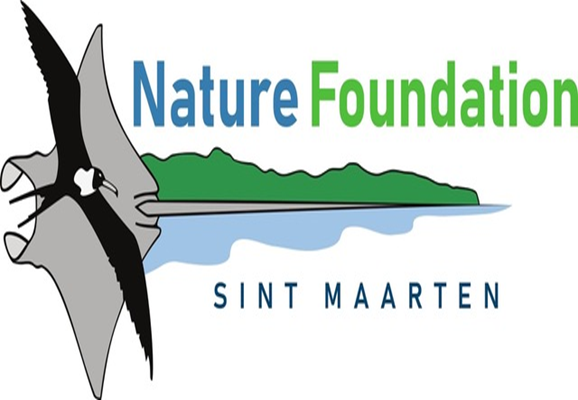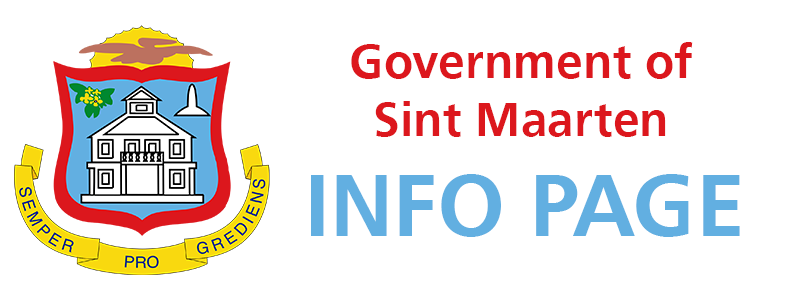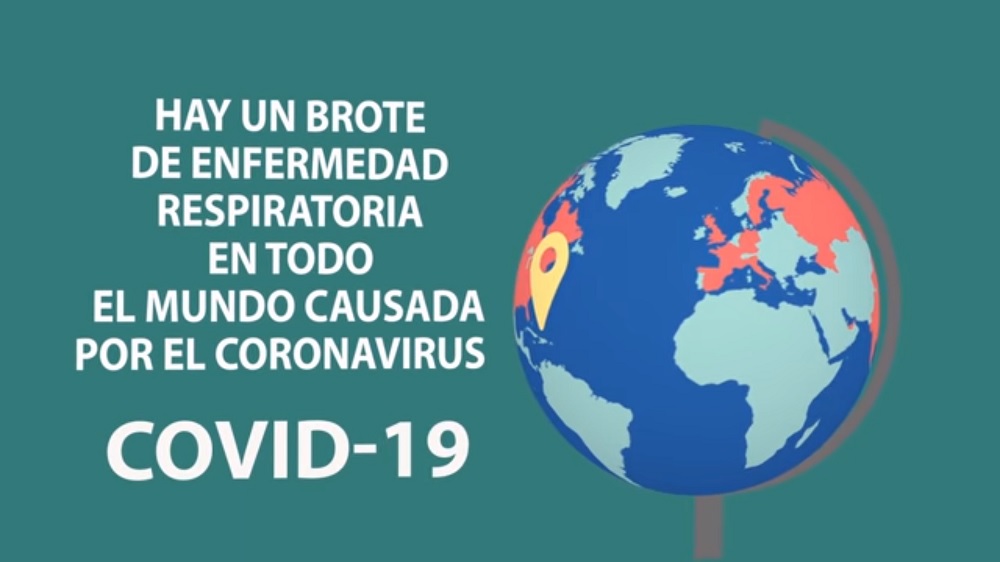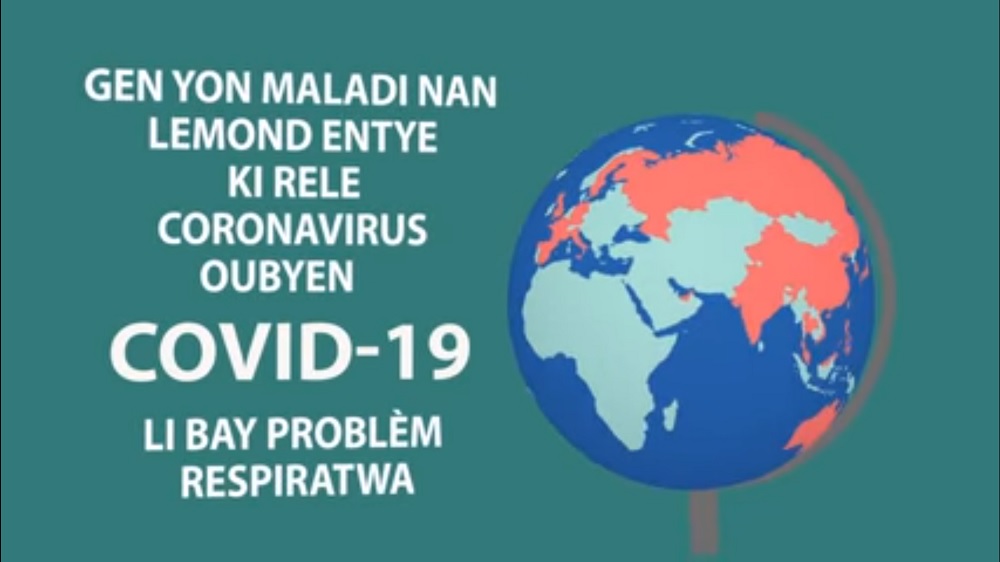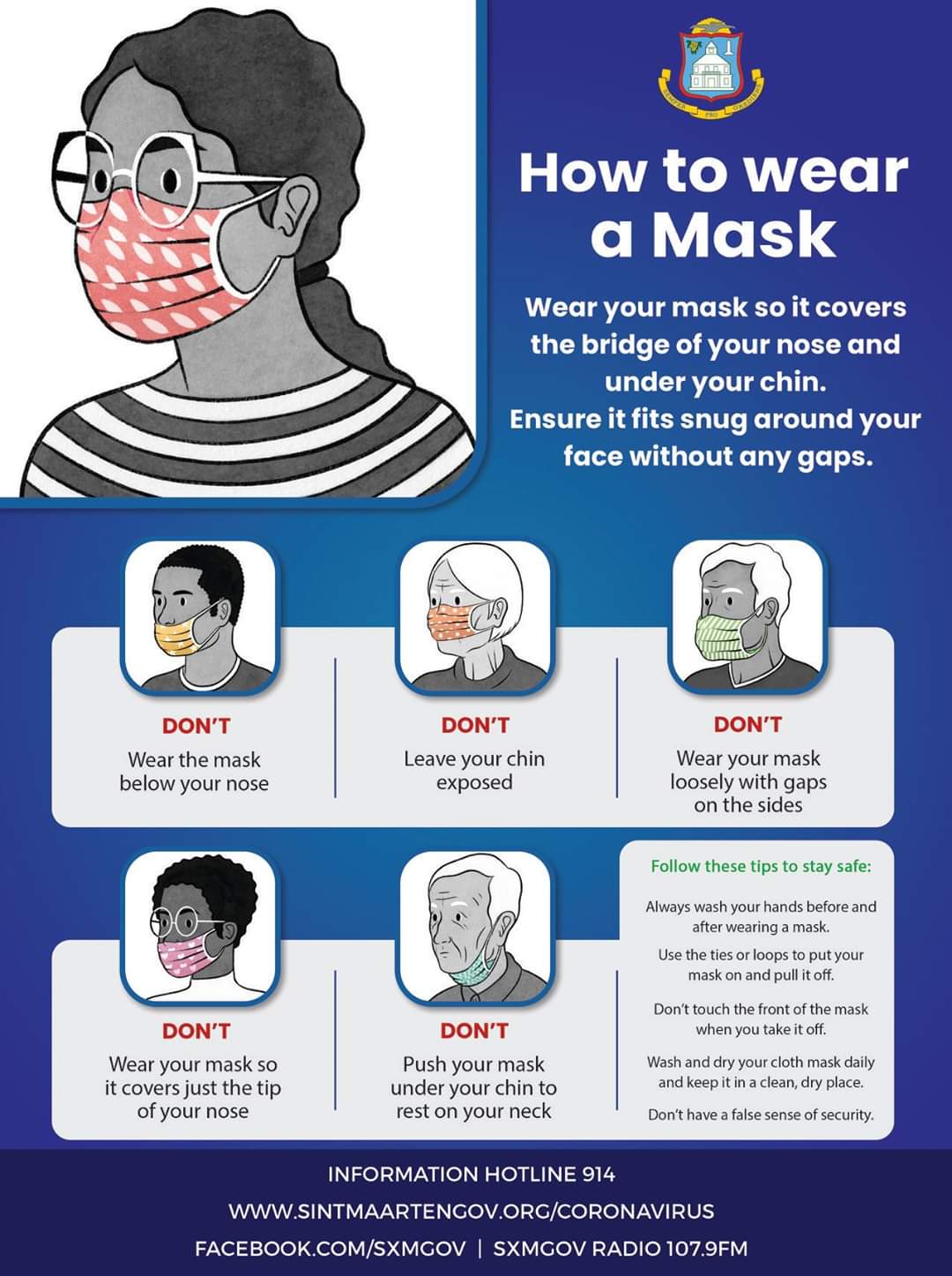Clarification on Nature Foundation’s Involvement in Underwater Museum
PHILIPSBURG, Sint Maarten, 13 July 2023 – The Nature Foundation would like to clarify our involvement in the Great Bay underwater museum leasing agreement, in light of the Daily Herald’s July 12 article, “Agreement signed with an undisclosed company for an underwater museum.” We are cited in the article as a stakeholder who vetted, studied, and approved the Sint Maarten government’s decision to place an artificial reef attraction in Great Bay.
We were first made aware of the underwater museum in 2022, when the Nature Foundation conducted surveys for multiple sites and submitted two rapid assessment reports after receiving a request from the Ministry of Public Housing, Spatial Planning, Environment and Infrastructure (VROMI). The information solicited and data collected from these surveys included depth, seagrass coverage, coral coverage, and swell and wave patterns.
The first report was submitted in March 2022 for sites in Simpson Bay and Little Bay, and the second in September 2022 for additional sites in Simpson Bay. The findings ultimately led us to recommend one particular site in Simpson Bay with low seagrass cover, an appropriate snorkeling depth, protective geography, and public accessibility from the beach. Little Bay did not meet these standards.
At no point was the Nature Foundation informed of the possibility of Great Bay as a site for the underwater museum, and as a result, no rapid assessment surveys were conducted for that area. From a safety perspective, we are most concerned about the possibility of snorkeler injury at this site, as Great Bay has an intense jet ski and boating activity from cruise ship-based tourists.
We hope that, if the developer and government insist on moving forward with this development in Great Bay or at any other location, they will follow the recommendations outlined in our 2022 report. Among other suggestions, we recommended that the area encompassing the underwater museum receive official protective status to prevent overexploitation of resident reef fishes and seagrass deterioration from anchoring. We also requested that physical and financial access to the museum be made easy and free for St. Maarten’s residents, who should be able to enjoy a celebration of the “culture and history of the West Indies” without payment to an anonymous developer.
While the rapid assessment reports were purely scientific in scope, we are deeply discouraged to learn that yet another tourism-oriented attraction has been approved by the government. In the time this agreement has gone through, the Nature Foundation’s ongoing efforts to protect and expand terrestrial and coastal ecosystems have been repeatedly unsuccessful or delayed. St. Maarten, the only island in the Dutch Caribbean without a terrestrially protected area, is under intense environmental pressures from unsustainable development, climate change, and inefficient resource management, with major health, cultural, and well-being consequences for our residents. In the list of St. Maarten
environmental initiatives that the Nature Foundation would like to establish, regrettably, a tourist-oriented artificial reef does not make the top ten.
We look forward to clarifying our position on this artificial reef with VROMI and pushing through environmental protections for St. Maarten’s lagoon, hillsides, coasts, and ponds.


